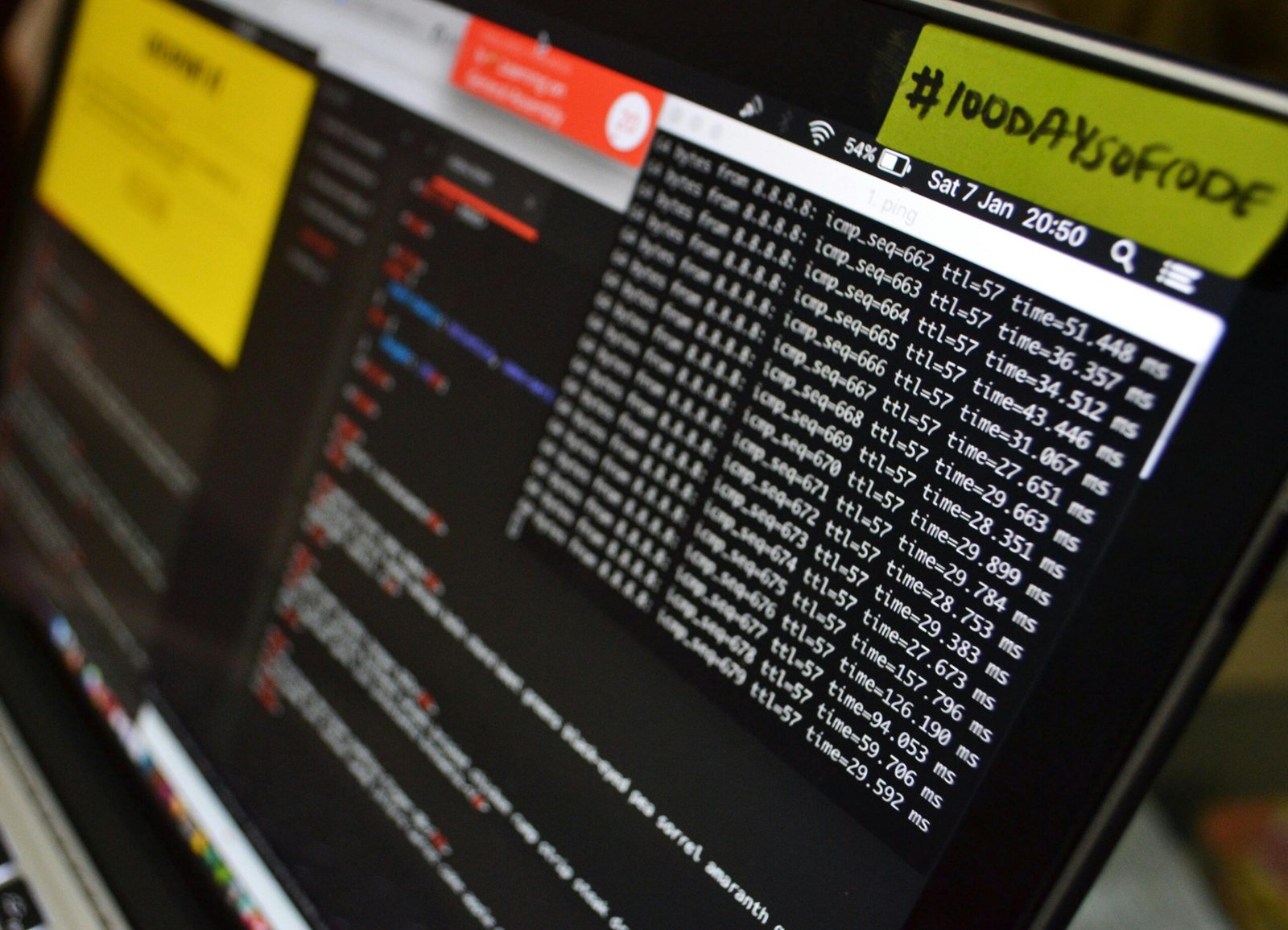Why Podcasts Are the Next Big Thing in Media Introduction Remember when TV revolutionized entertainment,…
15 Ways Blockchain is Transforming Media Rights and Distribution in 2024
Introduction
Blockchain is revolutionizing industries worldwide, and media rights and distribution are no exceptions. How Blockchain is Changing the Future of Media Rights and Distribution is more than a buzzword; it’s a reality reshaping transparency, efficiency, and fairness. But how exactly does this work? Let’s dive into the details.
Blockchain Basics

How Blockchain Technology Works
Blockchain is a decentralized digital ledger where data is securely stored across multiple nodes. This setup ensures immutability and transparency, making it ideal for industries requiring trust and accountability.
Benefits of Blockchain in Media
From eliminating intermediaries to ensuring creators receive fair compensation, blockchain offers numerous benefits. By decentralizing processes, it provides transparency that was previously impossible.
Decentralization and Transparency
Traditional systems often rely on centralized organizations, leading to inefficiencies and potential exploitation. Blockchain decentralizes operations, providing creators and consumers with a transparent, trustable platform.
Current Challenges in Media Rights and Distribution
Piracy and Copyright Issues
Digital piracy costs the entertainment industry billions annually. Lack of secure systems for managing rights makes it easy for content to be stolen or duplicated.
Lack of Transparency in Royalties
Creators often struggle to track and receive fair payments. Complex contracts and middlemen make royalty distribution opaque and slow.
Inefficiencies in Distribution
Traditional distribution methods are slow, costly, and restricted by geographical boundaries, limiting creators’ potential reach.
How Blockchain is Solving Media Rights Challenges
Immutable Smart Contracts
Smart contracts are self-executing agreements stored on the blockchain. They automatically enforce terms once conditions are met, ensuring creators are paid accurately and on time.
Automating Royalty Payments
Gone are the days of waiting months for royalties. Blockchain-based smart contracts streamline payments, benefiting both creators and distributors.
Reducing Disputes
With immutable records, blockchain eliminates discrepancies, fostering trust between parties involved.
Transforming Media Distribution
Peer-to-Peer Distribution Networks
Blockchain enables peer-to-peer (P2P) distribution, cutting out intermediaries and reducing costs. Platforms like Theta Network are already revolutionizing how video content is shared.
Improved Revenue Streams for Creators
Blockchain ensures creators retain a larger share of their profits. This shift incentivizes content creation and innovation.
Audience Accessibility
Blockchain breaks geographical barriers, making content globally accessible while maintaining security and rights management.
Case Studies in Blockchain Adoption
Music Industry Examples
Platforms like Audius leverage blockchain to let musicians control their work and receive royalties instantly.
Film Industry Innovation
Projects like MovieCoin use blockchain to fund films and manage rights, ensuring transparency for investors and creators alike.
Gaming and NFTs
Games like Axie Infinity have proven blockchain’s potential with NFTs, enabling gamers to own, trade, and profit from digital assets.
Future Implications of Blockchain in Media
Blockchain and AI Integration
The combination of blockchain and AI promises smarter, more secure media distribution, optimizing both rights management and content delivery.
Global Impact on Creators and Consumers
Blockchain democratizes access, giving creators in developing regions the same opportunities as those in established markets. Consumers benefit from fair pricing and verified content.
Conclusion
Blockchain is not just an emerging technology; it’s a transformative force for media rights and distribution. By solving long-standing issues like piracy and opaque royalties while unlocking new opportunities, blockchain is setting the stage for a fairer, more efficient media landscape.
FAQs
- What is Blockchain’s role in media rights?
Blockchain secures media rights through transparent, immutable records and smart contracts, ensuring fair compensation for creators. - How does blockchain combat piracy?
By securely storing rights data and enabling content verification, blockchain reduces unauthorized duplication and sharing. - What industries are already using blockchain for media?
Music, film, gaming, and publishing industries are leading adopters of blockchain for rights management and distribution. - How do smart contracts work in media royalties?
Smart contracts automate royalty payments based on predefined terms, ensuring creators are paid accurately and quickly. - Is blockchain the future of media distribution?
Absolutely. Its ability to decentralize, secure, and streamline processes makes it the ideal solution for the evolving media landscape.




